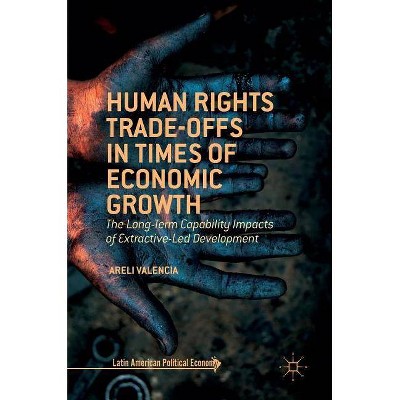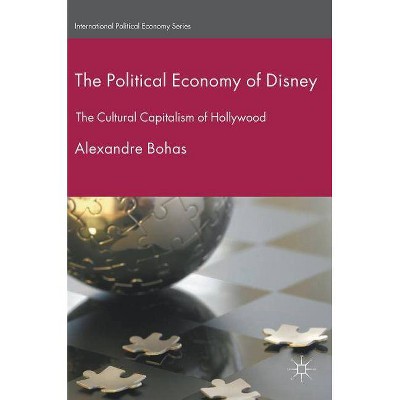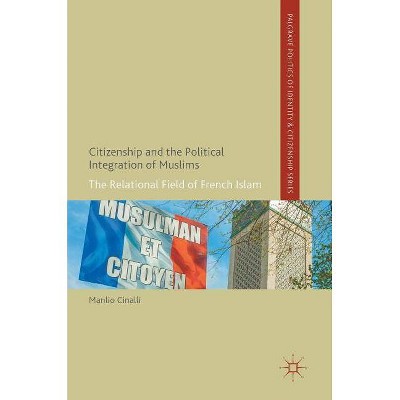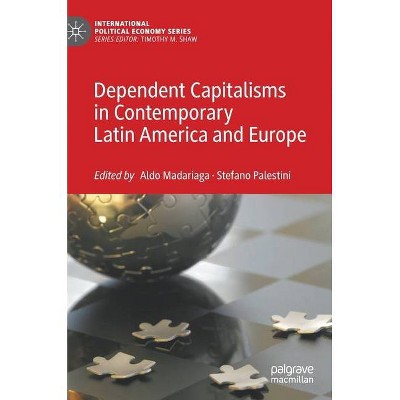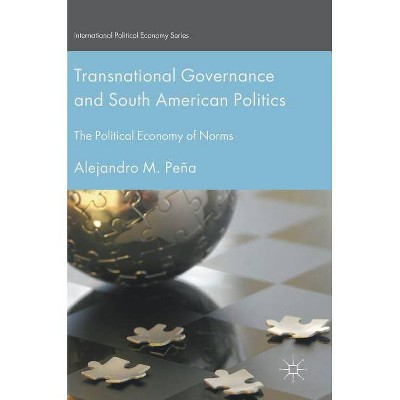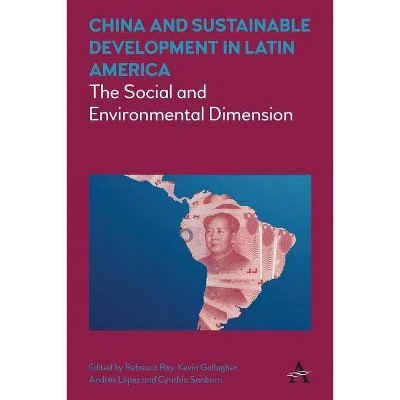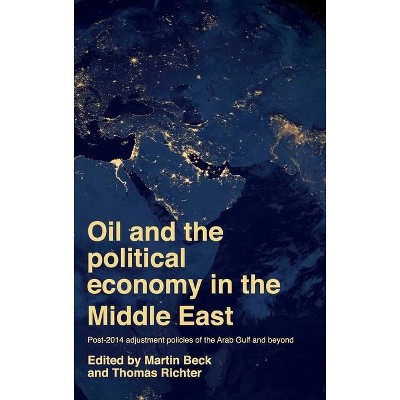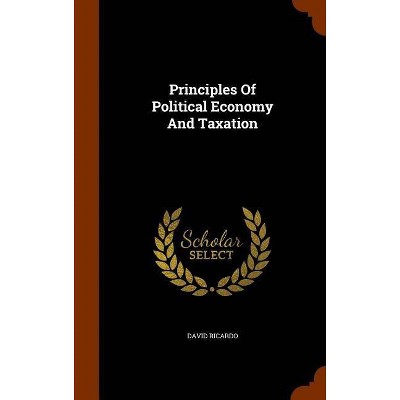Oil, Revolution, and Indigenous Citizenship in Ecuadorian Amazonia - (Latin American Political Economy) (Hardcover)
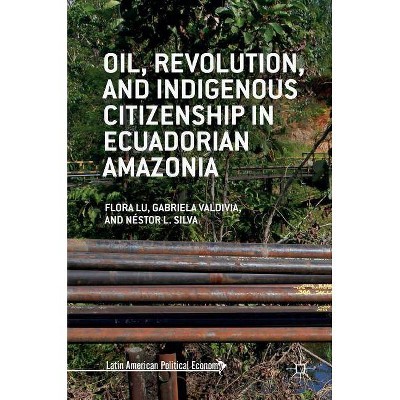
Similar Products
Products of same category from the store
AllProduct info
<p/><br></br><p><b> Book Synopsis </b></p></br></br><p>This book addresses the political ecology of the Ecuadorian petro-state since the turn of the century and contextualizes state-civil society relations in contemporary Ecuador to produce an analysis of oil and Revolution in twenty-first century Latin America. Ecuador's recent history is marked by changes in state-citizen relations: the election of political firebrand, Rafael Correa; a new constitution recognizing the value of pluriculturality and nature's rights; and new rules for distributing state oil revenues. One of the most emblematic projects at this time is the Correa administration's Revolución Ciudadana, an oil-funded project of social investment and infrastructural development that claims to blaze a responsible and responsive path towards wellbeing for all Ecuadorians. The contributors to this book examine the key interventions of the recent political revolution--the investment of oil revenues into public works in Amazonia and across Ecuador; an initiative to keep oil underground; and the protection of the country's most marginalized peoples--to illustrate how new forms of citizenship are required and forged. Through a focus on Amazonia and the Waorani, this book analyzes the burdens and opportunities created by oil-financed social and environmental change, and how these alter life in Amazonian extraction sites and across Ecuador.</p><p/><br></br><p><b> Review Quotes </b></p></br></br><br>"This is an outstanding contribution to the literature on neo-extractivism and indigenous peoples in Latin America. It raises difficult questions about what the post-neoliberal projects of the Ecuadorian petro-state have meant and will continue to mean for indigenous citizens who are insufficiently recognized, co-opted and reified for their symbolic capital, and engaged in ways that are inefficient, insensitive, and often counter-productive. It is essential reading for anyone concerned with the innumerable and often disguised costs of continuing oil extraction." (Erin Fitz-Henry, Journal of Iberian and Latin American Research, Vol. 23 (2), 2017)<p></p><br><p/><br></br><p><b> About the Author </b></p></br></br><b>Flora Lu</b> is Associate Professor of Environmental Studies and Provost of Colleges Nine and Ten at University of California, Santa Cruz, USA.<br/><b>Gabriela Valdivia</b> is Associate Professor of Geography at the University of North Carolina at Chapel Hill, USA, and Fellow at the UNC Institute for the Arts and Humanities.<br/><b>Néstor L. Silva</b> is Doctoral Candidate in the Department of Anthropology at Stanford University, USA. <br/>
Price History
Price Archive shows prices from various stores, lets you see history and find the cheapest. There is no actual sale on the website. For all support, inquiry and suggestion messages communication@pricearchive.us
